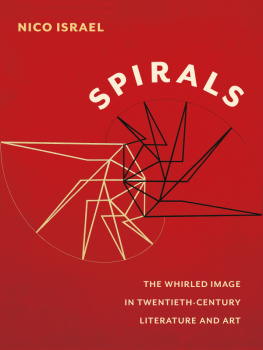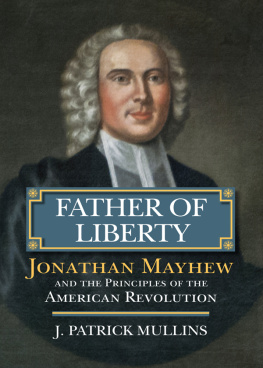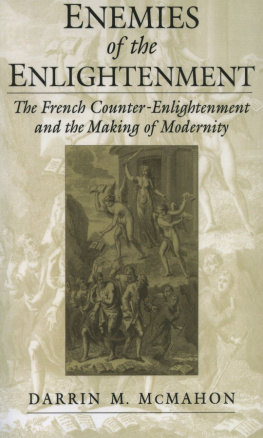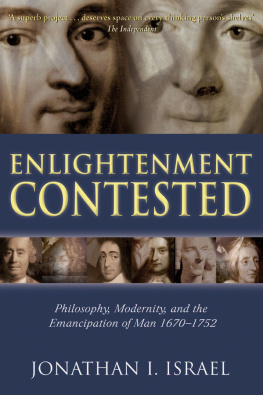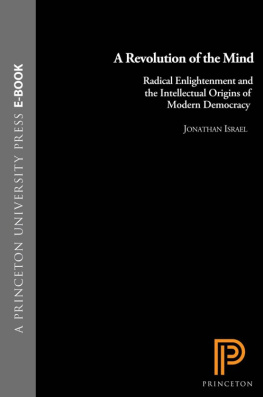Israel - Democratic enlightenment : philosophy, revolution, and human rights 1750-1790
Here you can read online Israel - Democratic enlightenment : philosophy, revolution, and human rights 1750-1790 full text of the book (entire story) in english for free. Download pdf and epub, get meaning, cover and reviews about this ebook. City: New York, Europe, Europe, year: 2011, publisher: OUP Oxford, genre: Politics. Description of the work, (preface) as well as reviews are available. Best literature library LitArk.com created for fans of good reading and offers a wide selection of genres:
Romance novel
Science fiction
Adventure
Detective
Science
History
Home and family
Prose
Art
Politics
Computer
Non-fiction
Religion
Business
Children
Humor
Choose a favorite category and find really read worthwhile books. Enjoy immersion in the world of imagination, feel the emotions of the characters or learn something new for yourself, make an fascinating discovery.

- Book:Democratic enlightenment : philosophy, revolution, and human rights 1750-1790
- Author:
- Publisher:OUP Oxford
- Genre:
- Year:2011
- City:New York, Europe, Europe
- Rating:5 / 5
- Favourites:Add to favourites
- Your mark:
Democratic enlightenment : philosophy, revolution, and human rights 1750-1790: summary, description and annotation
We offer to read an annotation, description, summary or preface (depends on what the author of the book "Democratic enlightenment : philosophy, revolution, and human rights 1750-1790" wrote himself). If you haven't found the necessary information about the book — write in the comments, we will try to find it.
In Democratic Enlightenment, Israel demonstrates that the Enlightenment was an essentially revolutionary process, driven by philosophical debate. The American Revolution and its concerns certainly acted as a major factor in the intellectual ferment that shaped the wider upheaval that followed, but the radical philosophes were no less critical than enthusiastic about the American model. From 1789, the General Revolutions impetus came from a small group of philosophe-revolutionnaires, men such as Mirabeau, Sieyes, Condorcet, Volney, Roederer, and Brissot. Not aligned to any of the social groups represented in the French National assembly, they nonetheless forged la philosophie moderne--in effect Radical Enlightenment ideas--into a world-transforming ideology that had a lasting impact in Latin America, Canada and eastern Europe as well as France, Italy, Germany, and the Low Countries. In addition, Israel argues that while all French revolutionary journals powerfully affirmed that la philosophie moderne was the main cause of the French Revolution, the main stream of historical thought has failed to grasp what this implies. Israel sets the record straight, demonstrating the true nature of the engine that drove the Revolution, and the intimate links between the radical wing of the Enlightenment and the anti-Robespierriste Revolution of reason.
Acclaim for earlier volumes in the trilogy:
His vast--and vastly impressive--book sets out to redefine the intellectual landscape of early modern Europe. Magnificent and magisterialwill undoubtedly be one of the truly great historical works of the decade. -- Sunday Telegraph
The scholarship is breathtaking. Israel has read everything, absorbed every nuance, followed up every byway. -- New Statesman
An enormously impressive piece of scholarship. The breadth and depth of the authors reading are breathtaking and Enlightenment Contested is set to become the definitive work for philosophers as well as historians on this extraordinary period. -- Tribune
Israel: author's other books
Who wrote Democratic enlightenment : philosophy, revolution, and human rights 1750-1790? Find out the surname, the name of the author of the book and a list of all author's works by series.

